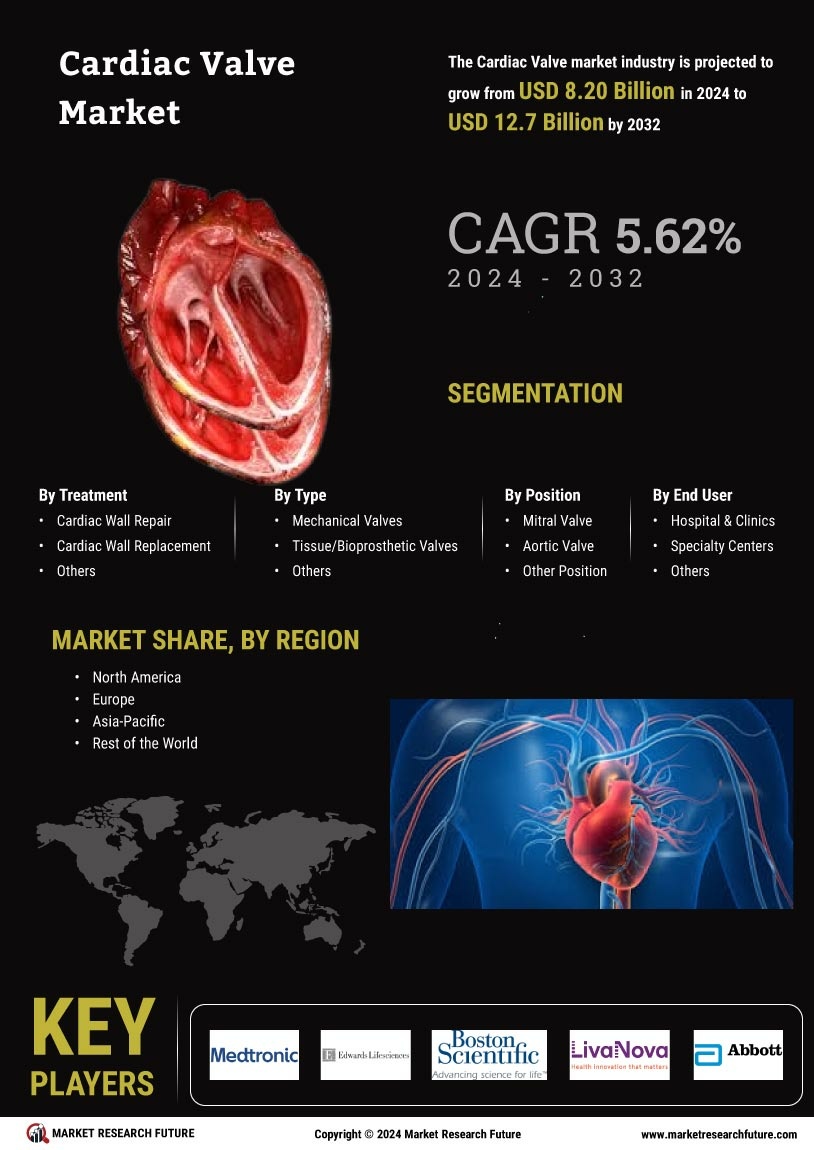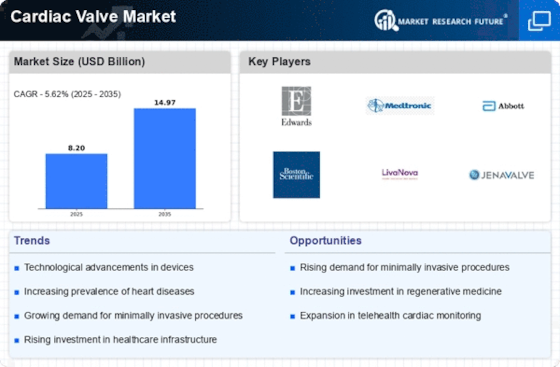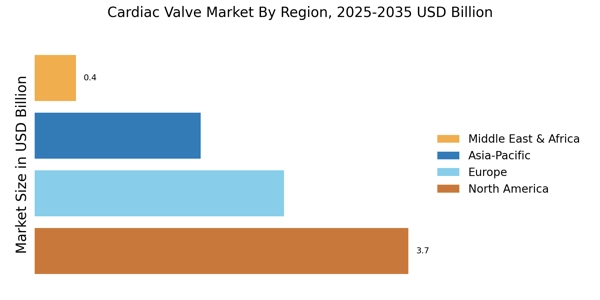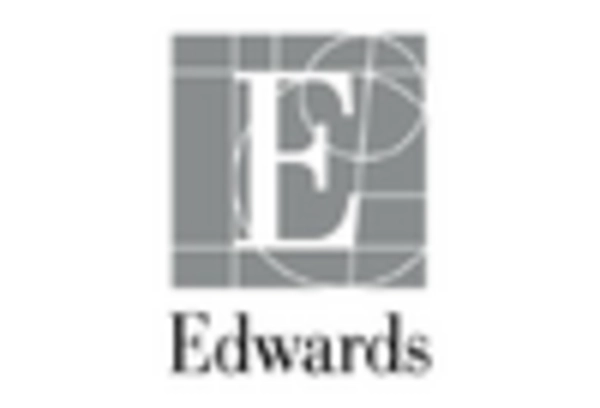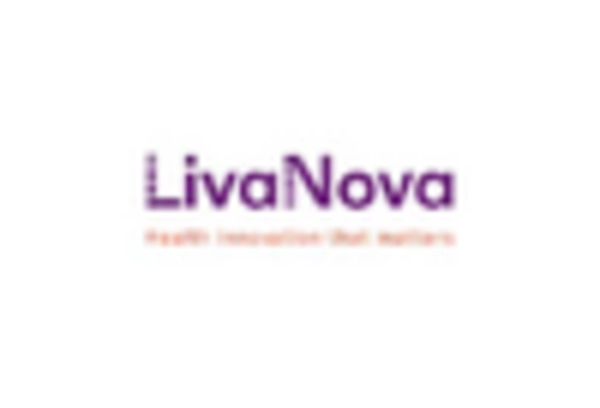Growing Awareness of Heart Health
The rising awareness of heart health among the general population is driving the Cardiac Valve Market. Educational campaigns and initiatives aimed at promoting cardiovascular health have led to increased public knowledge about the importance of regular check-ups and early intervention. As individuals become more informed about the risks associated with heart diseases, they are more likely to seek medical advice and treatment. This proactive approach to heart health is likely to result in a higher demand for cardiac valve procedures, as patients are diagnosed earlier and referred for surgical options. The Cardiac Valve Market stands to gain from this heightened awareness, as it encourages timely interventions and the adoption of advanced valve technologies.
Increasing Healthcare Expenditure
The rise in healthcare expenditure across various regions is a significant driver for the Cardiac Valve Market. Governments and private sectors are allocating more resources to healthcare, particularly in cardiovascular care. This trend is evident in the growing investments in hospitals and surgical facilities, which are equipped to perform complex cardiac procedures. As healthcare budgets expand, the availability of advanced cardiac valve technologies increases, making them more accessible to patients. Moreover, higher healthcare spending correlates with improved patient education and awareness regarding heart health, leading to increased demand for cardiac interventions. Consequently, the Cardiac Valve Market is expected to benefit from this upward trajectory in healthcare expenditure.
Technological Innovations in Valve Design
Technological advancements in valve design are significantly influencing the Cardiac Valve Market. Innovations such as bioprosthetic valves and transcatheter aortic valve replacement (TAVR) procedures have revolutionized treatment options for patients with valvular heart diseases. These cutting-edge technologies not only enhance the efficacy of surgical interventions but also improve patient outcomes and recovery times. The introduction of durable materials and minimally invasive techniques has expanded the patient population eligible for valve replacement. As a result, the market is witnessing a surge in demand for these advanced products. The Cardiac Valve Market is likely to continue evolving as manufacturers invest in research and development to create next-generation valves that cater to diverse patient needs.
Rising Prevalence of Cardiovascular Diseases
The increasing incidence of cardiovascular diseases is a primary driver for the Cardiac Valve Market. As heart-related ailments become more prevalent, the demand for cardiac valve replacements and repairs escalates. According to recent statistics, cardiovascular diseases account for a substantial percentage of global mortality rates, prompting healthcare systems to prioritize cardiac care. This trend is likely to fuel the growth of the cardiac valve market, as more patients require surgical interventions. Furthermore, advancements in diagnostic technologies enable earlier detection of heart conditions, leading to timely treatments. Consequently, the Cardiac Valve Market is poised for expansion as healthcare providers seek innovative solutions to address the rising burden of cardiovascular diseases.
Aging Population and Increased Surgical Demand
The aging population is a critical factor influencing the Cardiac Valve Market. As life expectancy rises, the number of elderly individuals requiring cardiac interventions is also increasing. Older adults are more susceptible to valvular heart diseases, necessitating surgical procedures such as valve replacements. This demographic shift is prompting healthcare providers to enhance their cardiac care capabilities, leading to a greater demand for innovative valve solutions. Additionally, the prevalence of comorbidities in the elderly population often complicates treatment, further driving the need for specialized cardiac interventions. The Cardiac Valve Market is likely to experience sustained growth as the aging population continues to seek effective solutions for managing heart health.
